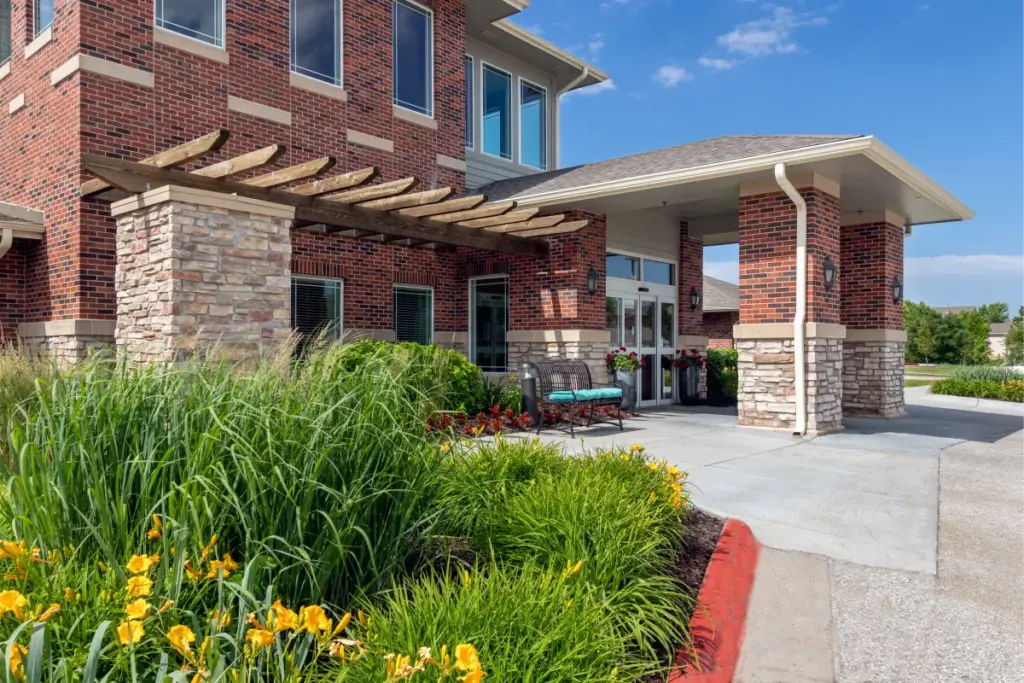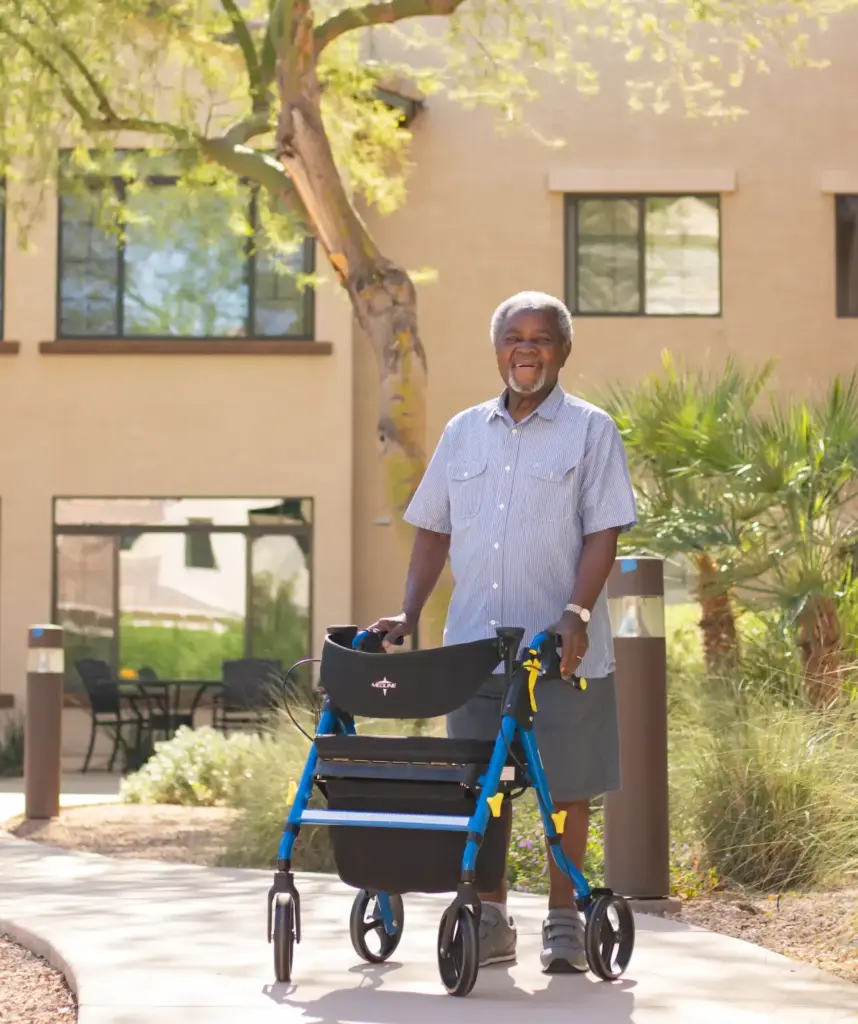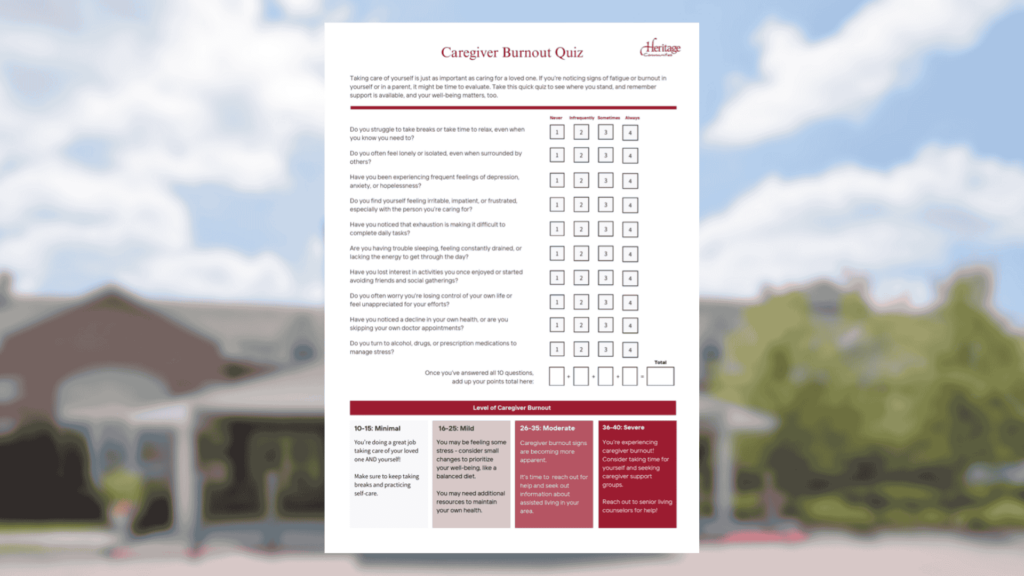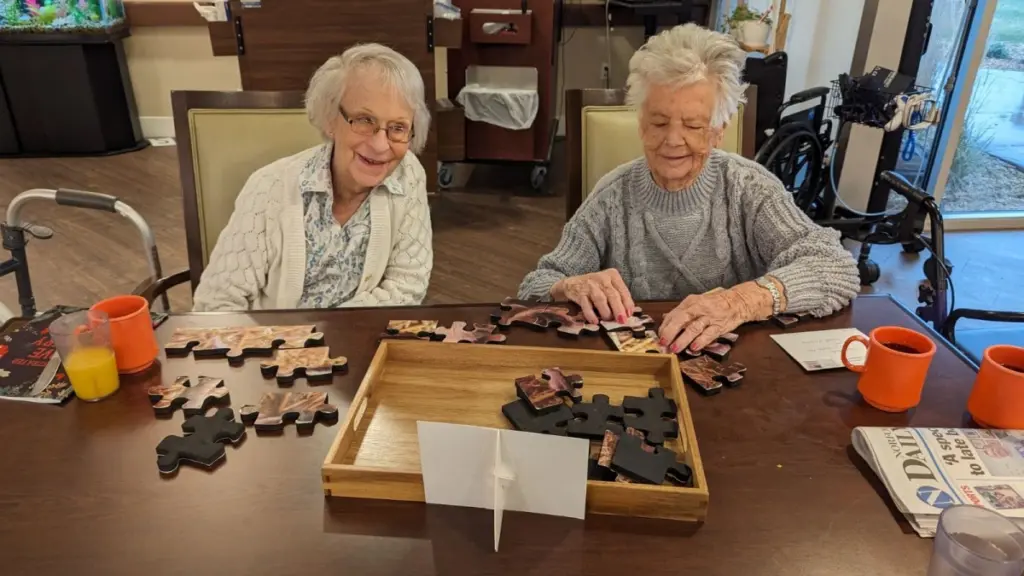Understanding the Expenses of Moving to a Senior Living Community
Learn about the expenses of moving to senior living and discover new opportunities and new freedom. It might be more affordable than you may think.

Moving to senior living: a decision that can open up new opportunities and new freedom for you or for a loved one, with the added peace of mind of a plan for the future. But before you even begin to think about packing, you might wonder—what does senior living cost? You’ll want to carefully review the expenses involved in your decision to move to senior living—from what is covered by monthly fees, to unexpected costs, to the actual process of moving itself.
Once you’ve done your homework, you might find that moving to senior living is more affordable than you may think.
What does senior living cost, and what do I get?
Is there an entrance fee?
Some retirement communities require an entrance fee, and the amount of that fee, while often substantial, can vary widely. Usually some or all of this fee is refunded to you or your estate, depending upon the type of contract you have with the community. In addition, you will also pay a monthly service fee which will include services and use of amenities.
What about senior living communities that do not have an entrance fee? These communities are often referred to as “rentals” simply because there is not one large entrance fee. Instead, there is often a small, upfront community fee which covers move-in and preparation of your new residence. After that, you will pay a monthly service fee which includes monthly rent, as well as services and use of common amenities.
If you’re looking at both communities with and without entrance fees, spend some time comparing the pros and cons of each.
What is usually included in the monthly fee?
- Rent
- Property tax and insurance
- Home maintenance and repairs
- Exterior maintenance of the grounds
- Housekeeping
- Utilities (electricity, gas, water, trash removal, etc.)
- 24-hour security
- Scheduled transportation
- Dining
- Social and entertainment
- Exercise and wellness
- 24-hour emergency alert system
What can affect how much the monthly fee costs?
- Residence size and design. Some communities offer a choice of floor plan designs, such as apartments or freestanding villas. Residences can vary in size. Also, there is often an opportunity in assisted living and memory care for a person to share a residence with another, which can reduce the monthly rent as well as provide companionship.
- Location. Geography does play a role in costs, so before making a final decision on moving to senior living, you might want to expand your research of geographic areas to compare costs.
- Services. A host of services are covered by the monthly fee, such as housekeeping, transportation and more. However, there may be additional or “add-on” services that can make for a more custom experience for the resident. And don’t forget to ask for specifics about which utilities are covered, as well as cable television.
- Meals. Moving to senior living means you can throw away the frying pan—if you want to! Be sure you understand which meals are included in the dining program and which are not. You might enjoy occasionally preparing your own meal, or you might prefer to factor in the cost of paying for extra meals and enjoy the meal times to socialize with other residents.
- Care. If you are inquiring about assisted living and memory care services, be sure to ask what is included and what is an extra charge. If you are recovering from an illness or surgery and need additional care, ask what intermittent care can be provided in the community.
- Everyday extras. Your grandmother might call this “pocket money”—fees for things that make life sweeter. Like a visit to the salon and barber shop. Special outings to local galleries, museums, or for lunch. Happy hour in the lounge. Just everyday opportunities that call for setting aside a few extra dollars a month.
Moving to senior living: packing & unpacking
Take the time to do some serious cost comparison here as well. Consider how much of the moving you want to hire a moving company to handle, or if you could do it on your own with the help of family and friends. For example, if you are moving a loved one into assisted living or memory care, you will only be taking a few possessions so you might be able to take care of it with a small truck, or dividing up items among your volunteers.
If you do hire professional movers, find out in advance exactly what their fee covers. Decide if you want to pack your belongings yourself, or would you prefer they do it? Are there any pieces of furniture that will cost extra? Are you planning on wrapping and packing everything yourself? If so, factor in the cost of packing materials. And don’t forget the cost of a few large pizzas on moving day!
At Heritage Communities, we are committed to making your life better. If you have questions about how to make the right senior living choice for you or for a loved one, download our free guide, Family Decision Toolkit: How to Choose the Right Senior Living Community. Or contact a community near you today.






